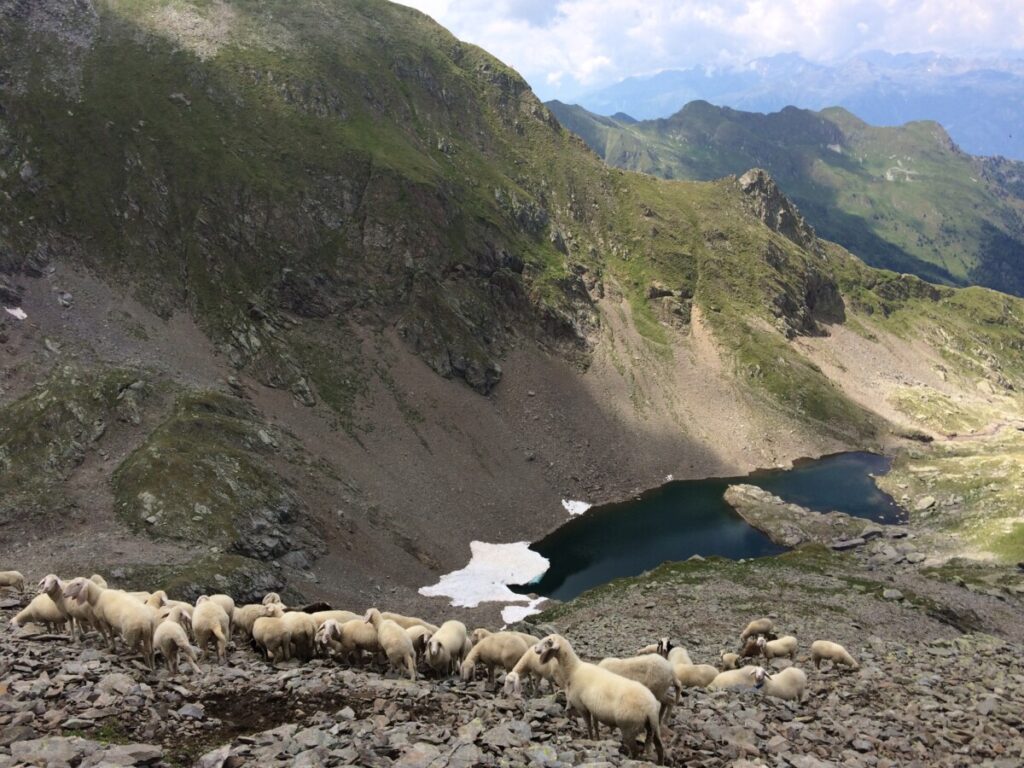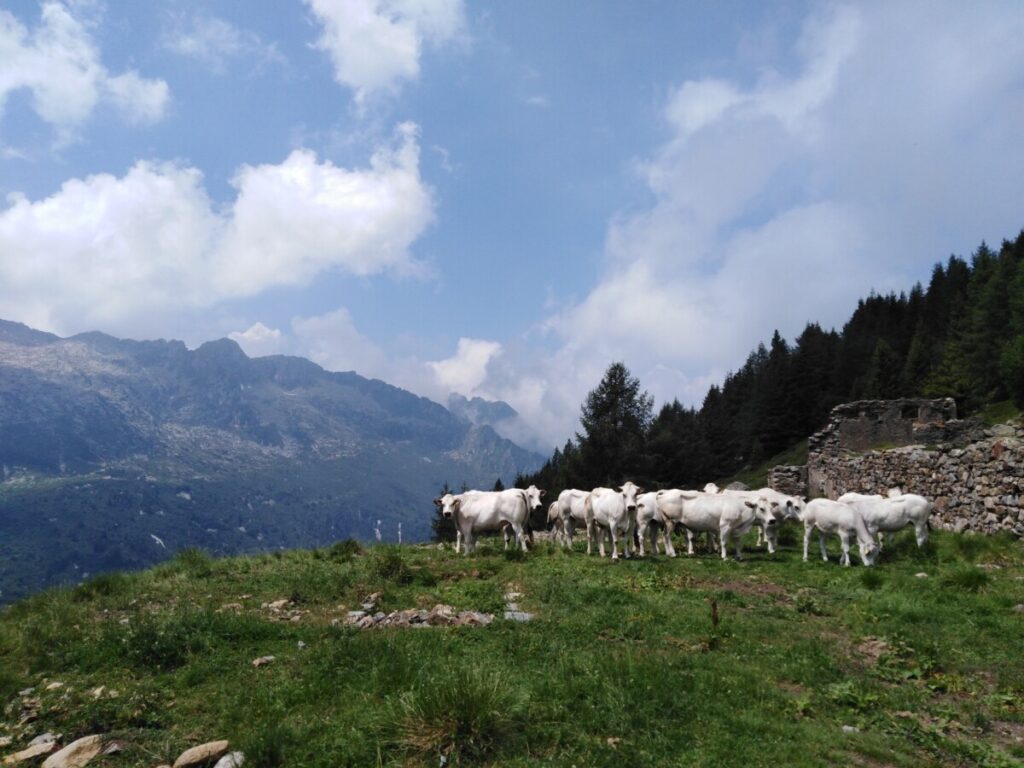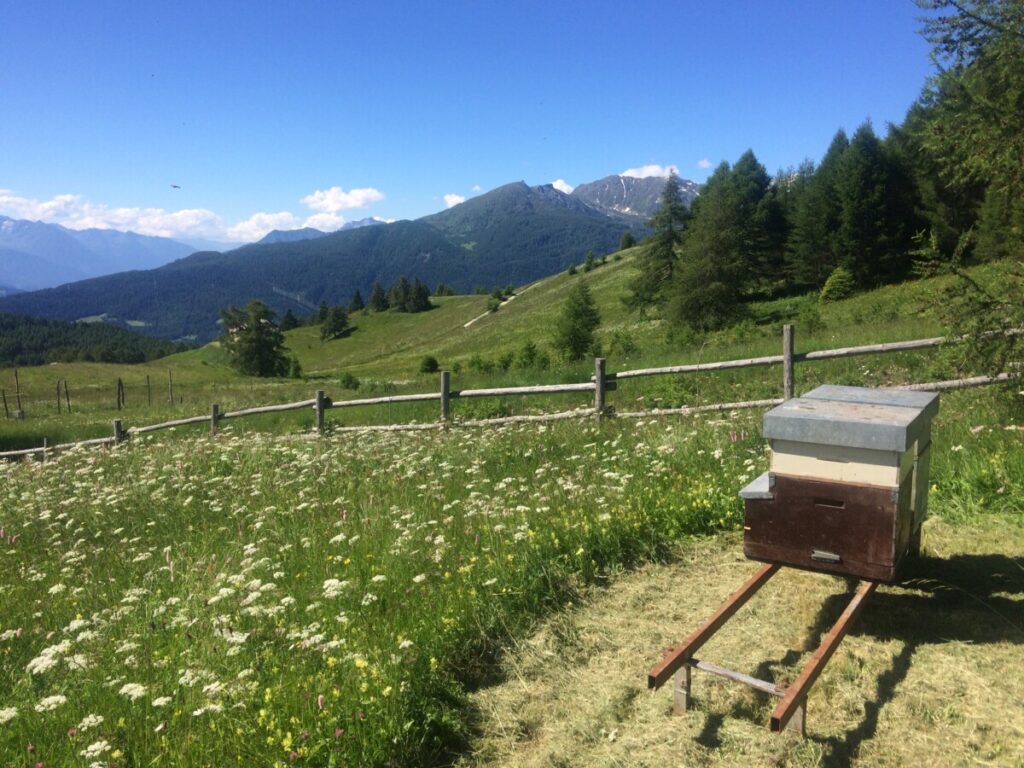


Climate change and well-being in the Italian Alps
Project background: Individuals across the world are living in ecosystems and landscapes that have been fundamentally altered by climate change within their own lifetimes. This project examines the effects of climate change on the well-being of farmers and beekeepers in two valleys of the central Italian Alps. Over the course of the last several decades, Alpine areas have undergone temperature and precipitation changes at a faster rate than the global average. Although the biogeophysical effects of climate change in the Alps are well-documented, less is known about the impact of climate change on the well-being of those who depend on the natural environment for a living. Through an in-depth study in place, this project identifies the nature and causes behind the local effects of climate change and contextualizes them within their larger sociocultural, political, and historical context. The project employs a mix of qualitative and quantitative methods including interviews, participant observation, questionnaires, and analysis of historical weather and landcover data.
Project findings: Alpine farmers and beekeepers have noticed broad alterations to weather patterns, ecosystems, and landscapes that align with natural science findings of change, but their observations also point to important variability in the local impacts of change even across short distances. In addition, informants identified that social changes, such as the abandonment of agriculture, are profoundly altering Alpine ecosystems and landscapes. Farmers and beekeepers are taking active steps to address current challenges to livelihoods and productivity and to prepare for the future. For many, the climate and social changes elicit feelings of worry, stress, helplessness, and insecurity. For some, changes to the landscape represent an abandonment of traditional mountain values and identity and present a challenge to people’s sense of identity and connection to place and history. Farmers and beekeepers live in complex, intertwined, and interconnected social and ecological systems that shape well-being. Their well-being is linked to ecosystems and landscapes through relations of care, the pursuit of meaningful life projects, facing and overcoming challenges, and connections to place. The project demonstrates that climate change has very specific local impacts. Knowledge of locally specific values and definitions of well-being is crucial for predicting and mitigating the human costs of climate change.
The project abstract and outline can be found here: https://etd.library.emory.edu/concern/etds/5999n4729?lo
My presentation on the project can be found here: https://www.youtube.com/watch?v=MkF80UHRnxQ
My presentation (in Italian) on Climate change and quality of life in the Lombardy region mountains (Cambiamento climatico e qualità della vita nelle zone montane della Lombardia) can be found here: https://www.youtube.com/watch?v=nz5KkdmYGHk
The Circular Economy in mountain areas: policy study on the circular economy in mountain forestry with a focus on European Union policies and examples of innovation and good practices. Available here: Innovation and Circular Economy in the Mountain Forest Supply Chain: How to Close the Loop?